Eight little feet that sit around your platter and which your record is placed on from English company MCRU and costing £24. Janine Elliot takes a listen.
David Brook is a passionate audiophile and retailer working up North in Huddersfield, UK, who also dabbles in his own additions to the Hifi chain such as cables and rubber feet. He recently presented me with a CD at the Munich show containing eight minuscule pressure point rubber feet stuck on the surround of the disc sourced from a local charity shop. These were to be transferred on to my platter. The idea of these £24 additions is to minimise contact with the record (and therefore the platter), forming isolation from rumble, something tackled by a number of manufacturers in the past, such as Michael Gammon at Transcriptors with their Hydraulic Reference and Skeleton turntables. These feet contain two plastics; the rubbery black base that sticks at 8 regular distances around the circumference of the platter with more malleable white rubber tips which the record sits on.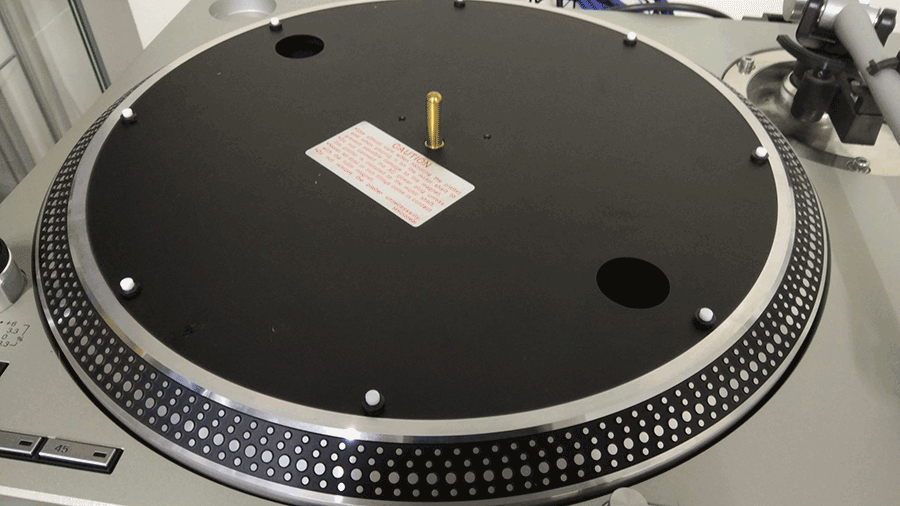
I own a Hydraulic Reference which I always felt lost much of the detail from the music in the bass end, compared to my conventional platter Garrard 301, for example (using same arm/cartridge). So I was rather worried about trying David’s Pressure Points. However, I didn’t need to be so concerned.
CONSTRUCTION
The 8 feet were to be placed at equal points around the periphery of the platter. Where the Transcriptors decks had points of contact recessed to allow playback of 7” discs as well as to prevent drooping of the record at the centre, since my Pre Audio turntable relies on a record clamp I had to be careful to ensure the disc was kept flat. However, having 8 points of contact around the record edge does average any warping of the disc if you have badly deformed records. The base of the feet is a gel-polymer with the white tip of harder material and of a specific size and shape and is totally non-abrasive.
Sometimes simple new ideas based on old creations can be the best, such as Missing Link’s invaluable Dust Buster stylus cleaner using a similar technique as the old Nagaoka record cleaner, so I was particularly keen to see if this idea based on isolation feet would work with my turntable. At £24, the cost of a decent remastered LP, this is a cheap addition to your turntable and definitely well worth trying out.
SOUND QUALITY
I must admit I was quite sceptical trying this out. One turntable I tried didn’t give me the results I had hoped for, and I couldn’t use it on my Rock 7, as you place the records straight onto the platter, but then testing on my Pre Audio tangential arm set up I was quite surprised just how good it all sounded. I first decided to play Saint-Saens Piano Concertos 1, 2 and 3 (EMI, Aldo Ciccolini, Orchestre de Paris, conducted by Serge Baudo) an LP with very forward strings that can sound quite penetrating. The feet allowed more of the detail around the strings to make its way to me allowing me to hear more of the bowing as well as details from other instruments, including a widening of the soundstage.
Turning to Patricia Barber ‘Live in Paris’ album the amount of increase in detail was quite obvious; the speed of percussion and closeness of the voice made for more enjoyment of this album than I would normally get. This was no Peter Belt moment. Whilst his particularly non-traditional range of accessories of electret cream, Rainbow Electret Foil, and Morphic Paper Clips didn’t make an iota of difference to most people’s living-room, rather only their minds, I felt this more standard device did. For a start, it removed that link between the turntable motor and the record, a problem that is tackled by any manufacturer worthy of note. My turntable has three illuminated platters placed on top of each other with small ball bearings joining them, so I didn’t think the Pressure Point Feet would make a difference. However, there was still a loss in level from the motor, even with the puck carefully screwed in at the centre of the record; the Pre Audio turntable is very quiet in operation. More importantly, there was no loss of bass, it was just tighter and clearer. With ride cymbals, even my cat sat up and listened at the improved speed and accuracy. There was increased clarity at the ends of piano phrases, particularly when notes from the close mic’d piano were ending and the damper hitting the strings to deaden the sounds, all adding resonances. The third song “Crash” was decisively punchy. Sometimes it can sound rather disturbing if you just want a relaxing listening session. The MCRU feet allowed me to get closer to the music and join in the fun Patricia and her musicians were obviously having.
Turning to a very awful record in terms of audio quality and production (just listened to Justin Hayward’s awful double-tracking of his voice in “Forever Autumn”) I played the start of Jeff Wayne’s ‘War of the Worlds’ based on the book by H G Wells with Richard Burton opening in spoken words and the dated music containing synths and drum machines played the famous opening track. Not much delight, but when I switched to MCRU feet there was not only better musical timing leading to a greater excitement but also a more mellow string section and more musical synth flute passages. The spoken words at the start were clearer as well. Turning to Eagles ‘Long Road out of Eden’ title track on disc 2 the mysterious wind and bass start with Indian woodwind more controlled and the bass drum was tighter. I did lose some of the overpowering bass that was certainly evident with my standard cork mat. The bass end was now clearer and with more excitement using the Pressure Points Feet, but I did notice slight recessed lower bass that might concern those liking power in the bottom end. Finally I turned to one of my favourite discs that I know has a great bass and bass drum, the group Love Song and “Feel the Love”, and whilst the overall spread and detail and speed was noticeably improved I did feel the bass was more recessed and whilst it was all there it didn’t stick out as it did using my cork mat.
CONCLUSION
Whilst David Brook has made the Pressure Points Feet removable I will certainly keep them on my turntable for now. At £24 this is a really cheap improvement in the presentation of the music, particularly speed and dynamics which worked well on my turntable and may well work on yours, too. Just remember that lower bass end might sound recessed though more controlled.
AT A GLANCE
Build Quality: Good adhesive base which allows it to be secure on your platter and removed without problem. Two different plastic materials, and doesn’t look cheap despite their diminutive size.
Sound Quality: Increased detail from the music including the positioning of instruments in the soundstage, tighter at higher frequencies and improved speed of the bass.
Value for Money: At £24 well worth checking out to see if it improves your music
Pros:
Tighter and clearer soundstage
Can be removed if necessary
Cons: Will mean you cannot play 7” discs if placed at the rim of the turntable. Perhaps 9 feet would be better (6 placed at rim and 3 inside for 7” discs)
The controlled bass end might sound too recessed depending on turntable design.
Price: £24
Janine Elliot
Review Equipment: Pre Audio GL-1102N tangential turntable and Audio Technica AT30sa cartridge/Manley steelhead/MFA preamp, Leak Stereo20 played into my Graham Audio LS5/9s and Townshend Super-tweeter. Ecosse and Townshend cables, and Townshend seismic isolation stand.


























































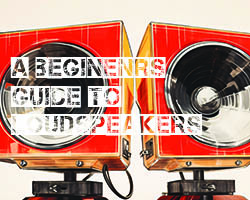


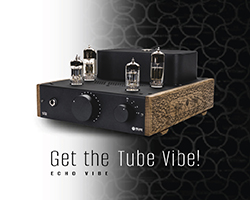

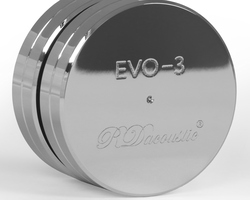
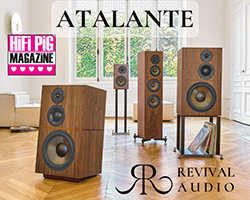
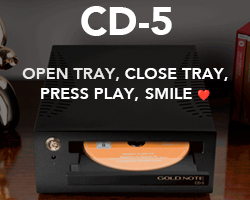

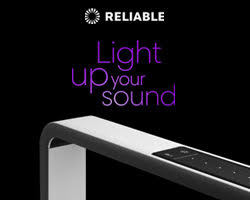

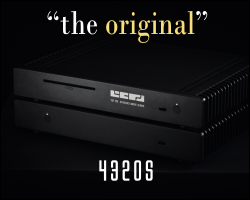

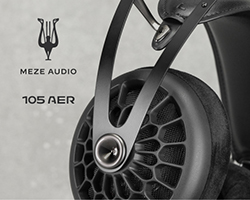
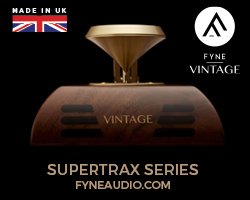
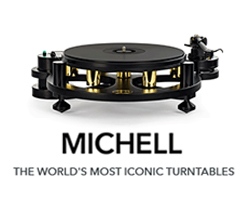
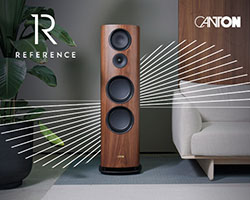

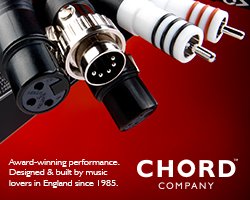
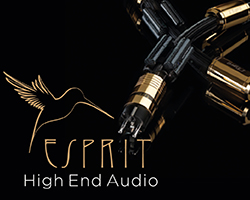
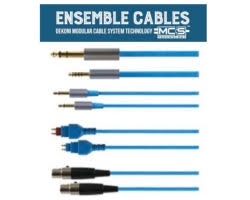

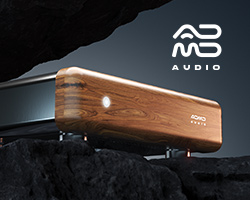

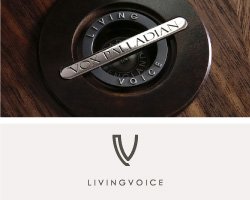
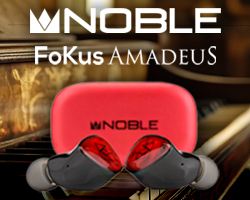
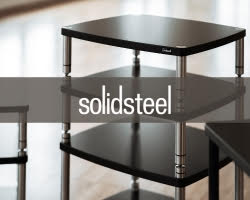
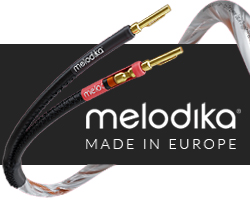
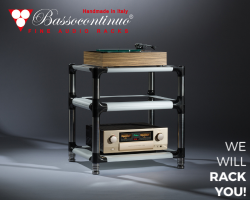

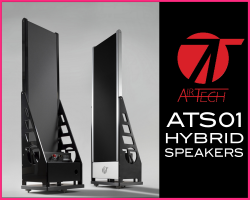

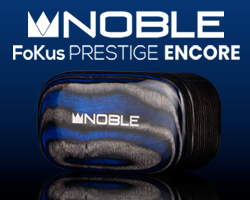
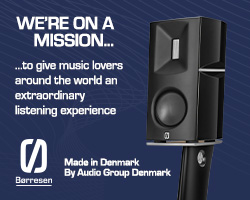


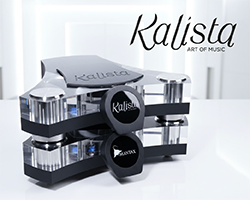







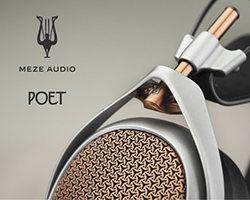

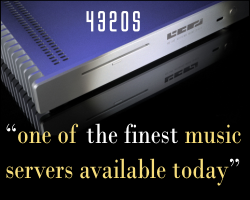

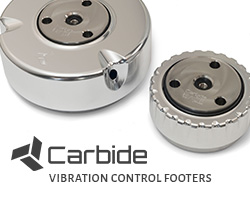


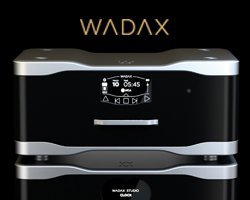
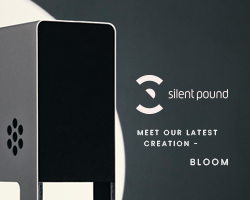
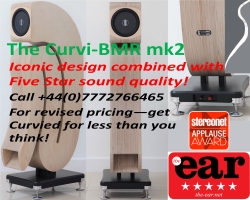
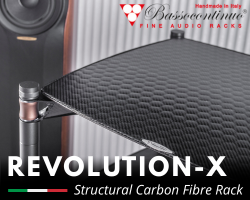
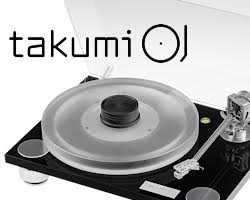
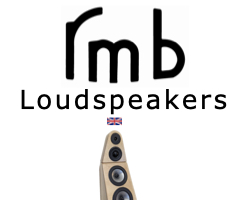


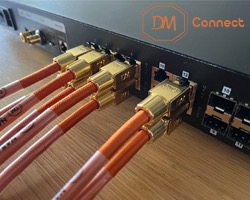
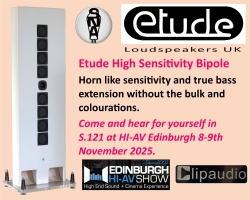


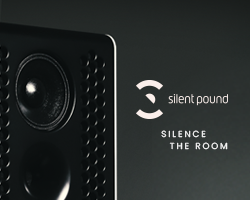


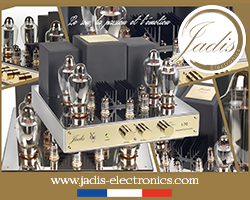
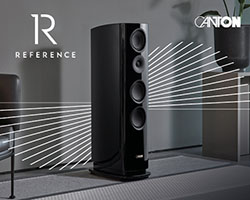
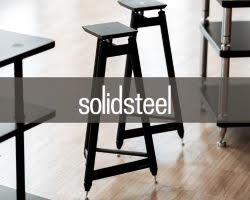
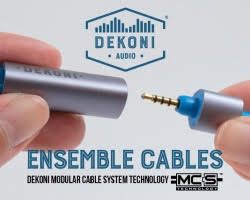

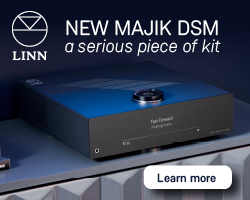

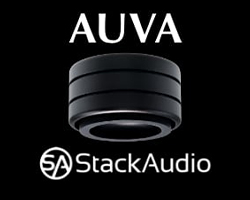
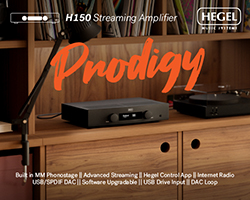
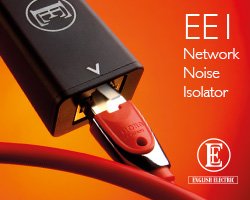
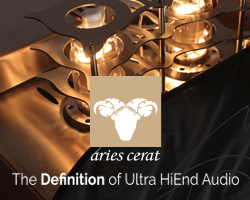
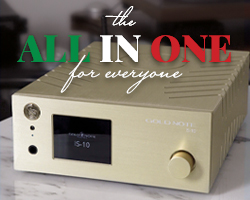
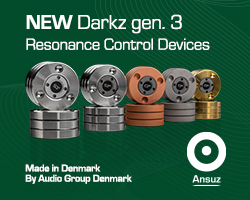

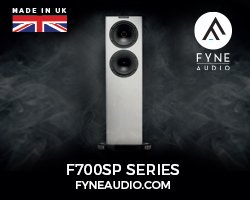
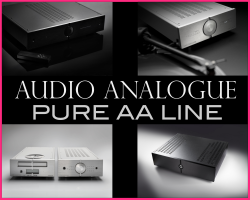



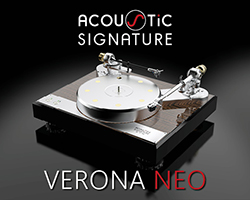

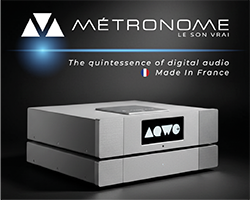
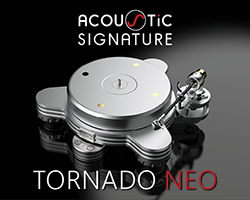


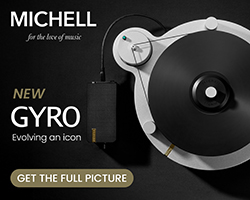
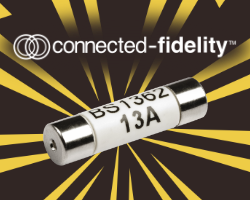


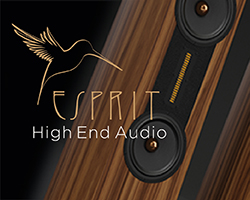

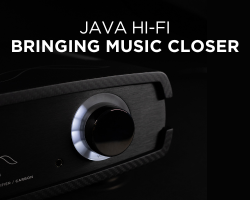

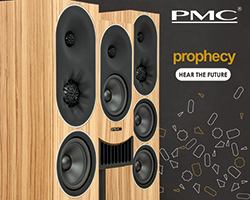
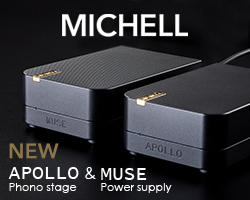
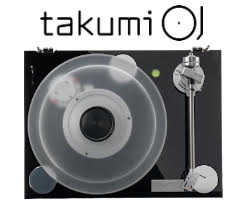
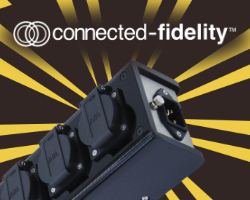






















































You must be logged in to leave a reply.